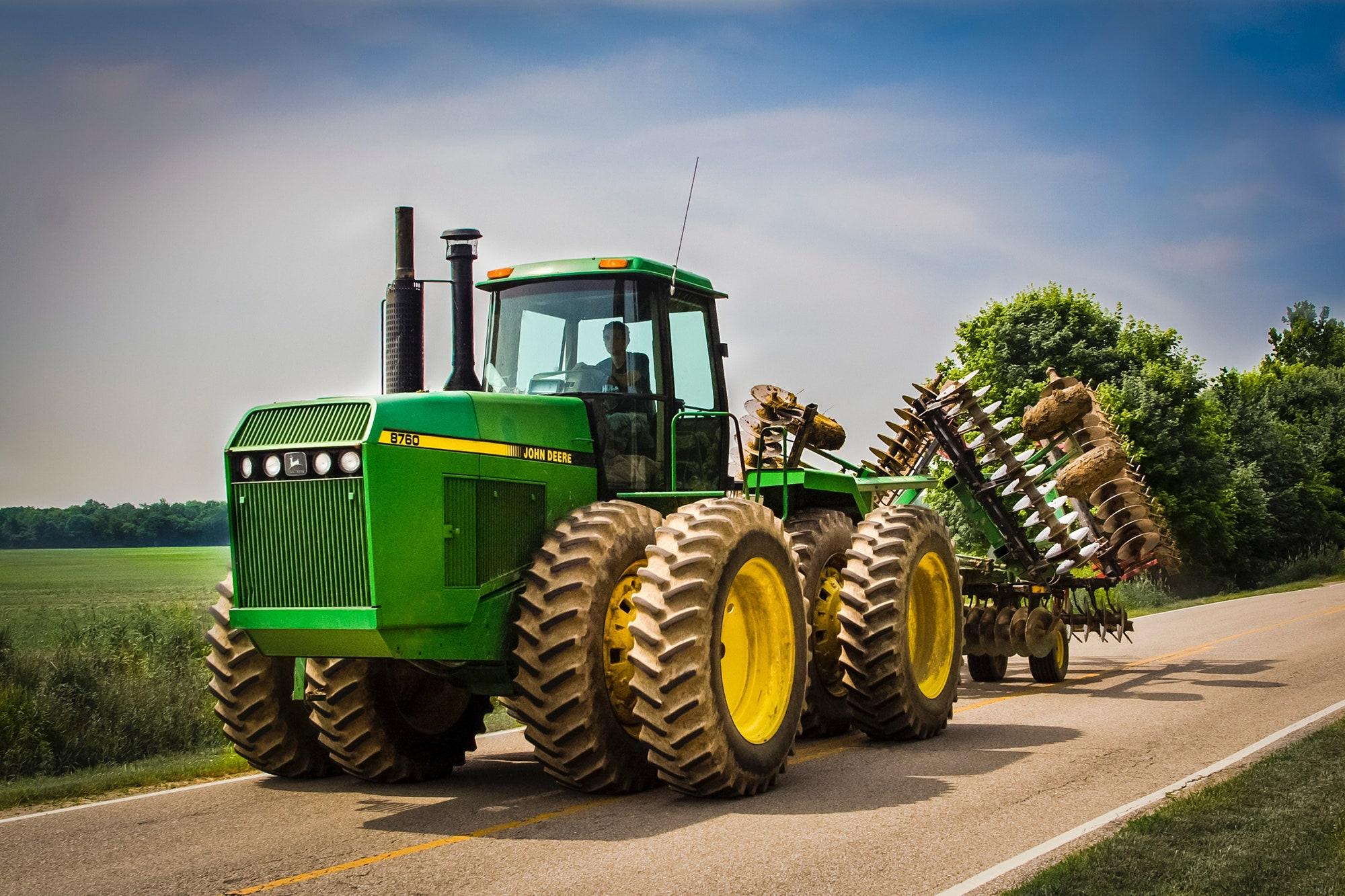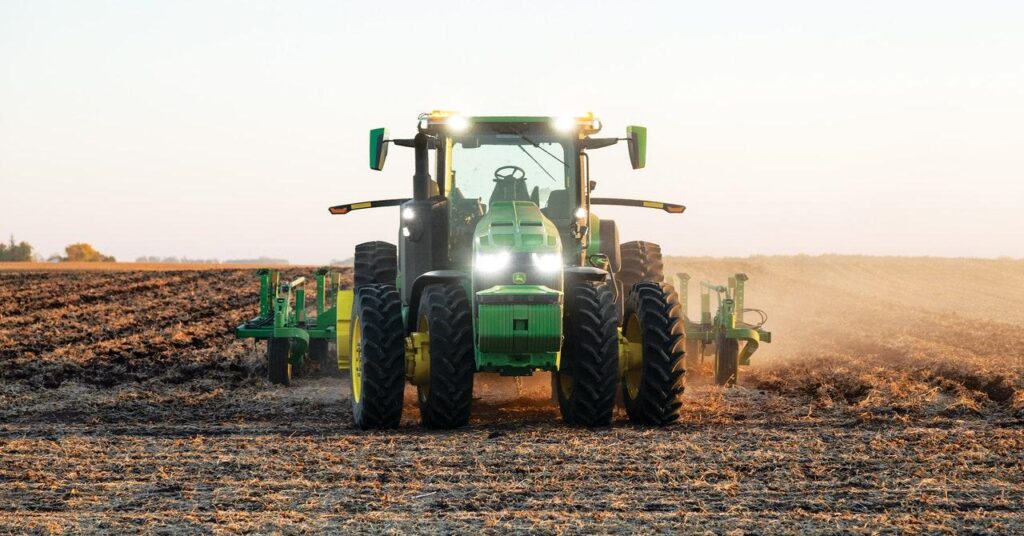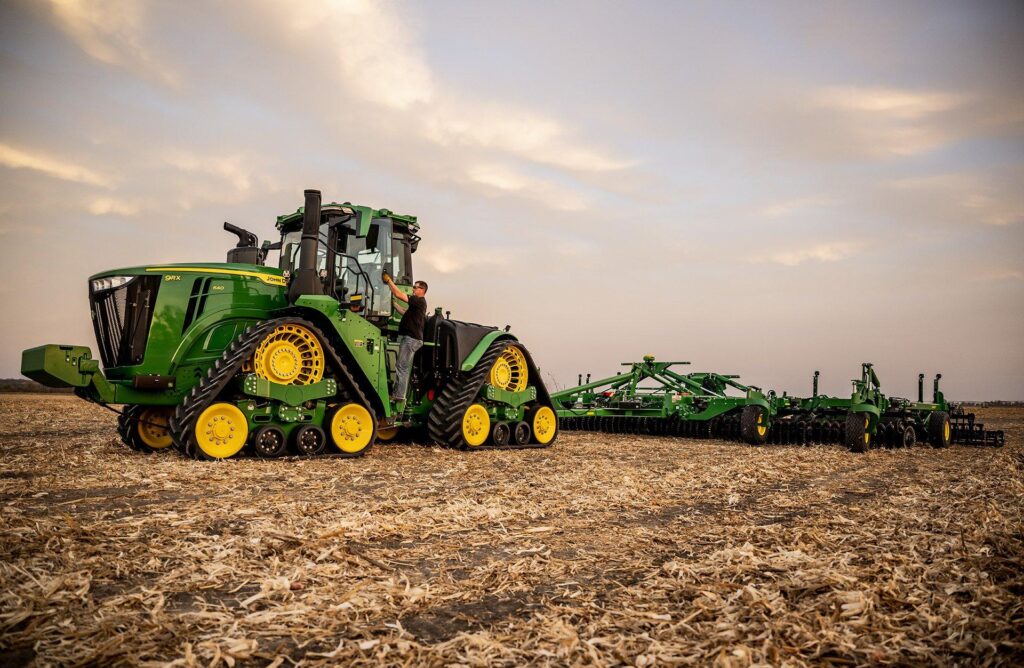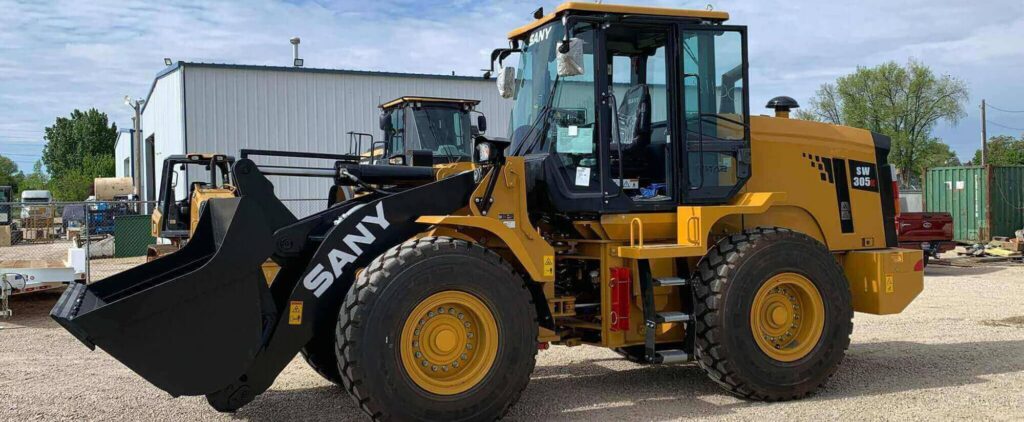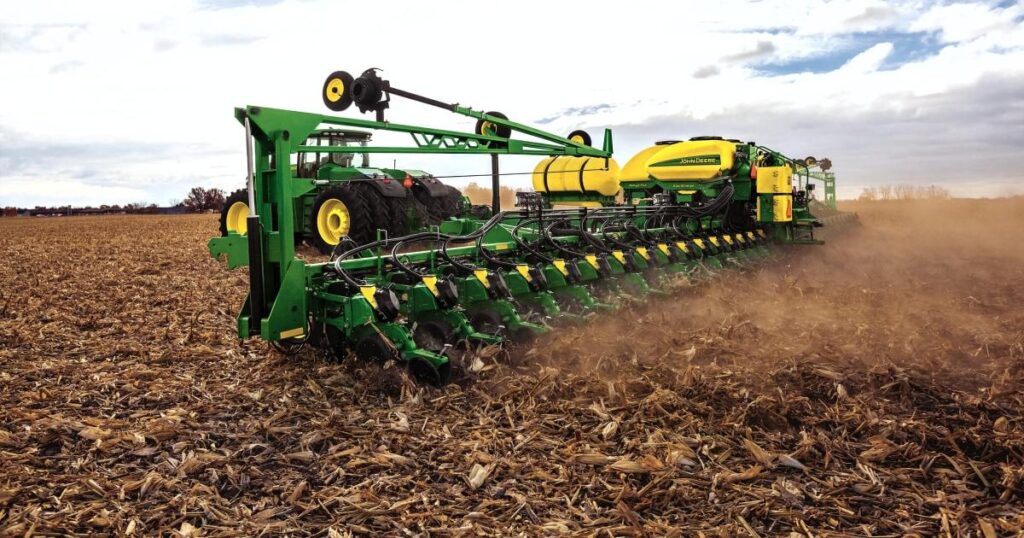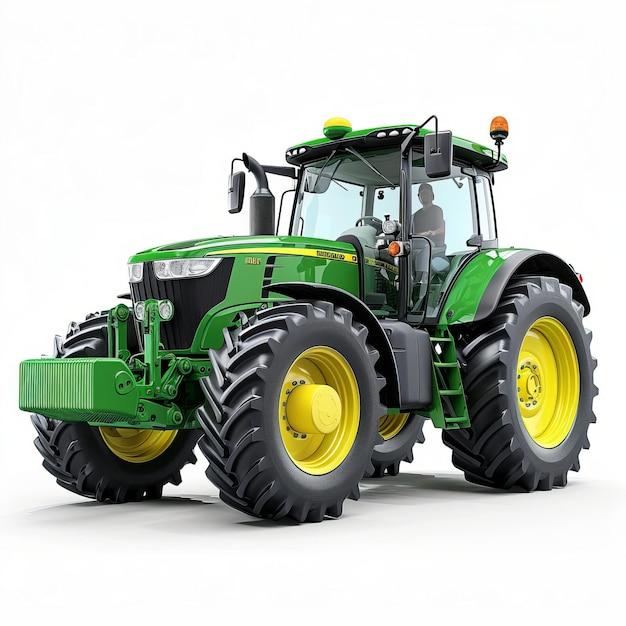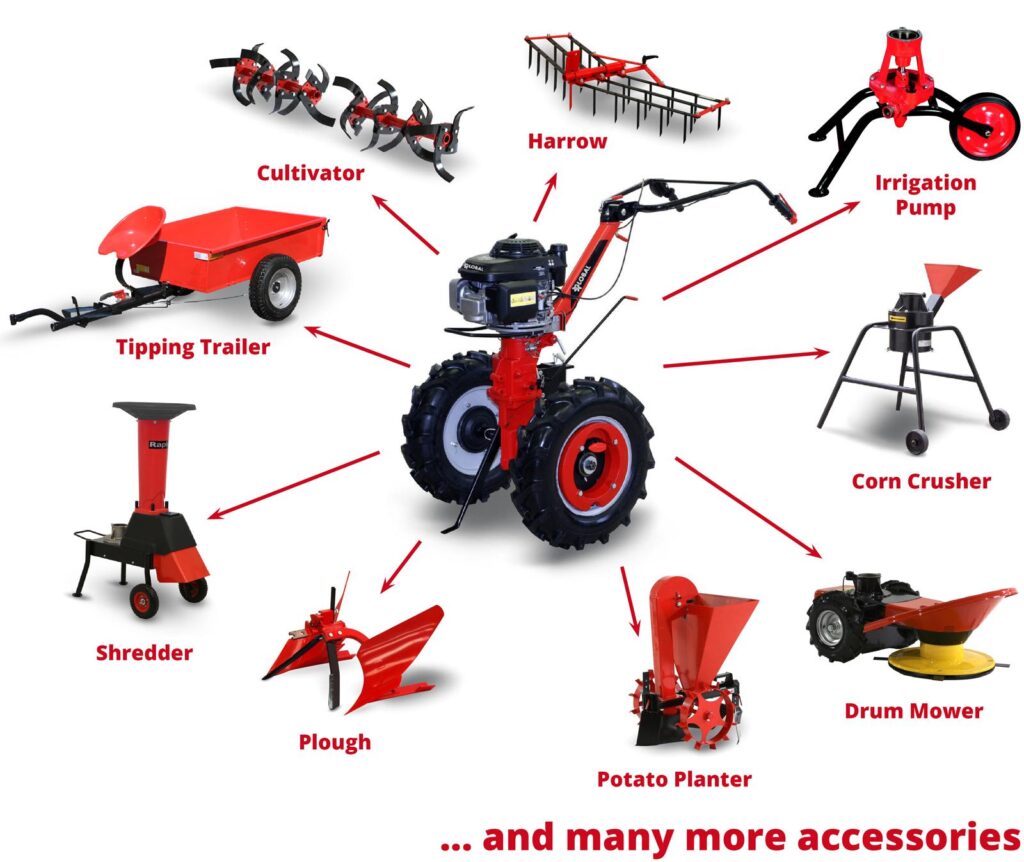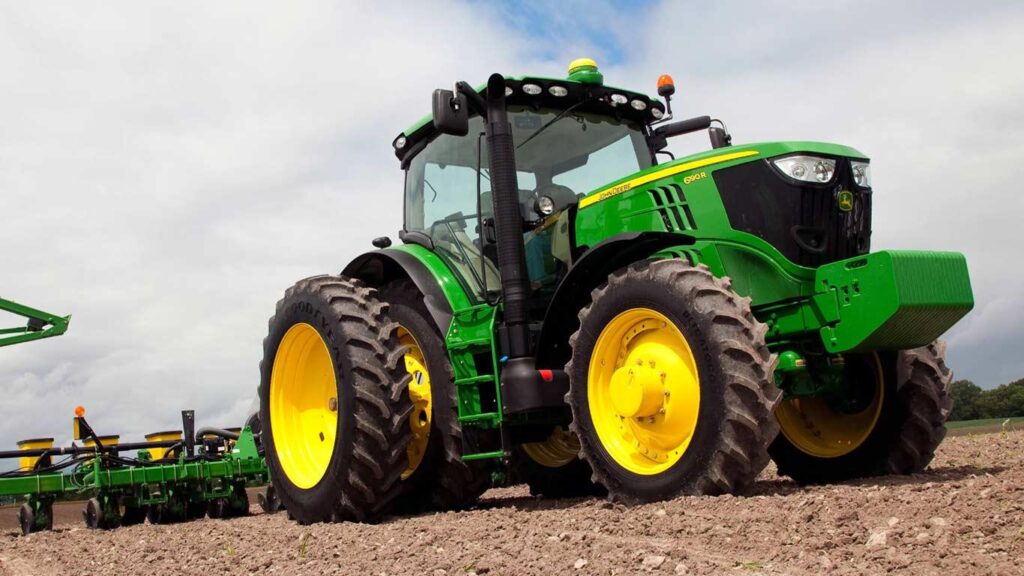The agricultural industry stands at a pivotal crossroads as major equipment manufacturers, including John Deere, embrace electrification.In a recent discussion, Deere & company’s Chief Technology Officer shared insights into how electric-powered farm machinery could reshape the future of farming.As global demands for sustainable agriculture intensify and technological capabilities advance, the transition from conventional diesel-powered equipment to electric alternatives represents both a notable challenge and opportunity for the industry. Amid the global push for sustainable agriculture, Jorge Heraud is steering John Deere’s technological change with a clear vision for electrified farming equipment. The company’s chief Technology Officer emphasizes that while battery-powered tractors and harvesting machines are unavoidable, the transition requires careful consideration of farmers’ unique operational demands.
Agricultural machinery faces distinct challenges compared to passenger vehicles when it comes to electrification. Farm equipment often operates continuously for extended periods, sometimes up to 18 hours daily during critical seasons. This intensive usage pattern demands power solutions that go beyond current battery technology limitations.
Heraud explains that Deere is developing hybrid systems as an intermediate step toward full electrification. These systems combine diesel engines with electric components,offering improved efficiency while maintaining the reliability farmers depend on. The company’s research shows that hybrid solutions can reduce fuel consumption by up to 25% while providing the same power output.
Battery technology continues to evolve rapidly, with energy density improvements and cost reductions making electric farm equipment more viable. Deere’s engineering teams are exploring modular battery systems that would allow farmers to swap power units during extended operations, minimizing downtime during crucial harvesting periods.
The integration of autonomous capabilities with electric powertrains presents another significant opportunity. Electric motors offer precise control and instant torque, enabling more accurate field operations and reduced soil compaction. This combination supports precision agriculture practices, ultimately leading to improved crop yields and resource efficiency.
Deere’s advancement strategy includes partnerships with battery manufacturers and charging infrastructure providers to create comprehensive solutions for farmers. The company envisions a future where farms have their own renewable energy systems, potentially including solar arrays and wind turbines, to power their electric equipment fleet.
Field testing of prototype electric machines continues across various agricultural environments, helping engineers understand real-world performance requirements. Data collected from these trials guides refinements in battery capacity, charging systems, and power management software.
Cost considerations remain crucial for widespread adoption. While electric machines may have higher upfront costs, Heraud points to significantly lower operating expenses through reduced fuel consumption and maintenance requirements. The company’s financial projections suggest that total ownership costs for electric equipment could become competitive with conventional machines within the next five years.Regulatory changes and environmental concerns are accelerating the development timeline. Many regions are implementing stricter emissions standards for agricultural equipment,pushing manufacturers to expedite their electrification programs. Deere’s technology roadmap aligns with these evolving requirements while ensuring that new solutions meet or exceed the performance standards of traditional machinery.
The company’s investment in electrification extends beyond hardware to include sophisticated power management systems and connectivity solutions, preparing for a future where farm equipment is not just electric but fully integrated into smart farming operations.